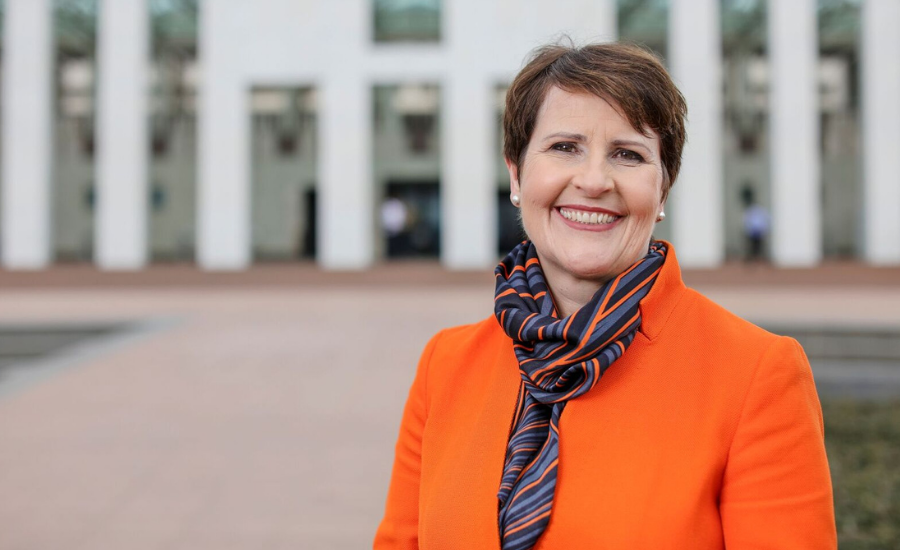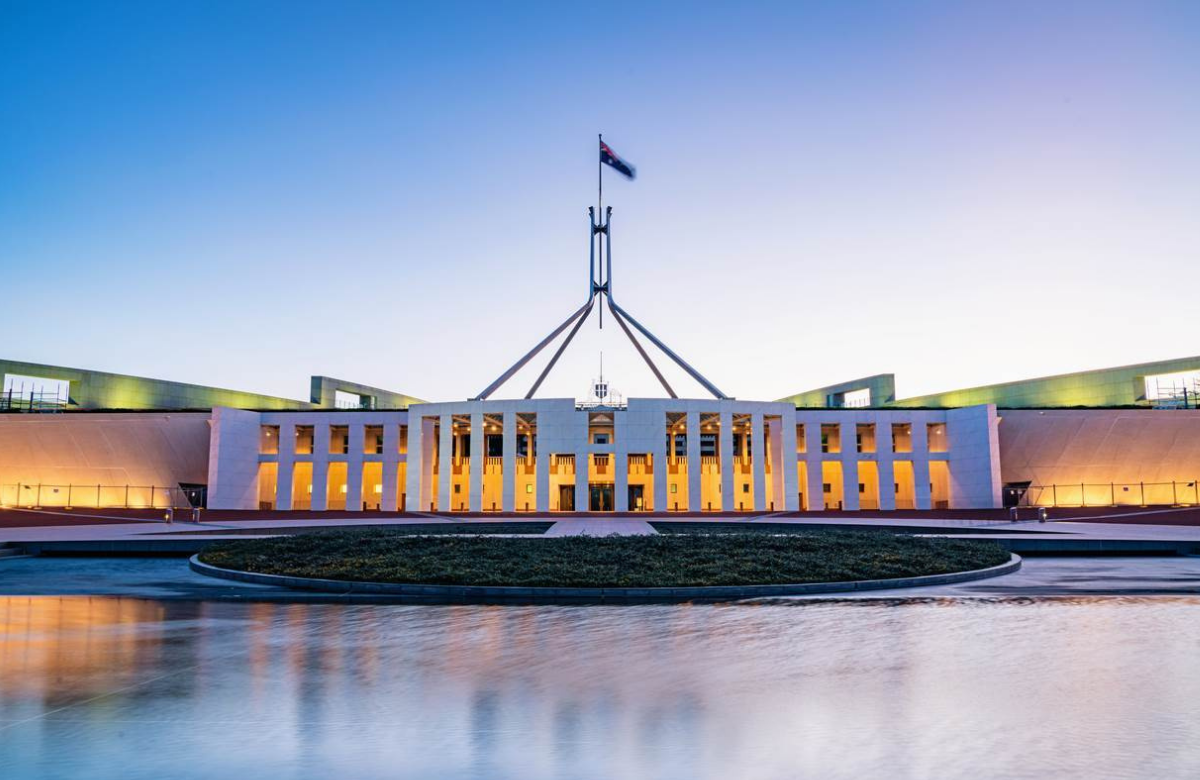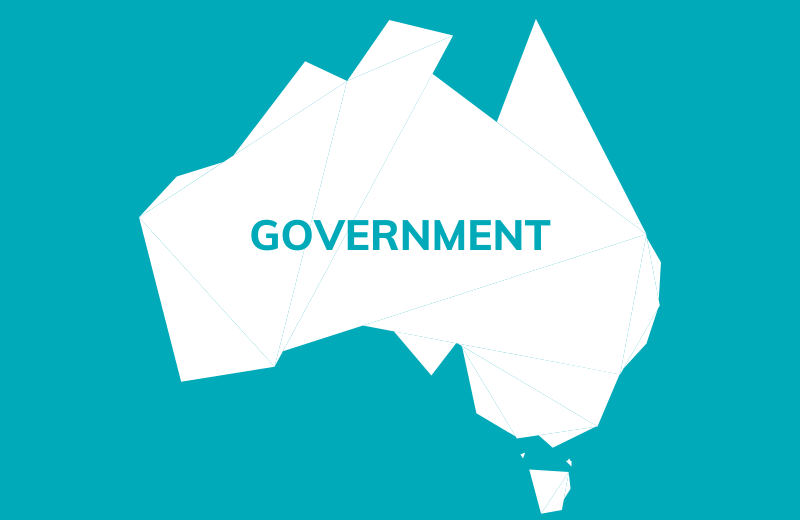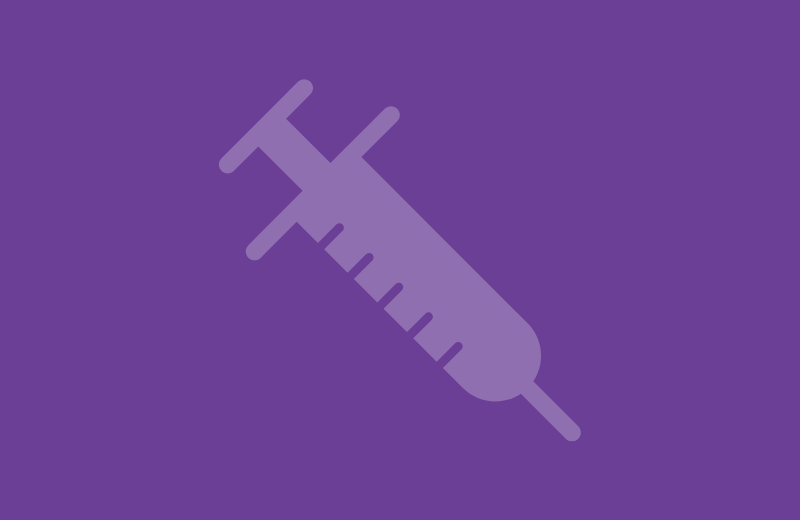Investment in innovative medicines needed to safeguard Australia’s long-term prosperity
Canberra, 18 March 2021: Medicines Australia has lodged its 2021-22 Pre-Budget Submission with The Treasury which outlines several recommendations to ensure innovative medicines and vaccines continue to make a significant contribution to the nation’s health and economy.
Enhancing the Government’s Economic Recovery Plan, creating more jobs and securing Australia’s future post COVID-19 are priorities the innovative medicines industry will actively contribute to.
Throughout the pandemic, Medicines Australia and its member companies have focussed on ensuring Australians have access to the medicines they need, when they need them. At the same time, they have expedited the research, development, and distribution of innovative diagnostics, treatments and vaccines for COVID-19 – to manage the public health crisis and support the nation’s recovery.
Close collaboration with both federal and state governments, and other stakeholders, has been central to the COVID-19 response. This has included, safeguarding continuous access to new and existing treatments for Australians; managing the medicine supply chain; ensuring local clinical trials continue to support job creation, medical research, and early patient access; and maintaining continuity of care, particularly for those with chronic conditions.
“The events of 2020/21 have clearly shown the health of Australians is inextricably linked to the strength of our economy,” said Medicines Australia CEO, Ms Elizabeth de Somer.
“Members of Medicines Australia are central to the COVID-19 vaccine roll-out playing a significant role in protecting our community from the virus. We are extremely proud of the speed, determination and substantial efforts in the innovative vaccine research and development, together with the work of all companies actively contributing to the COVID-19 public health response,” she said.
“Beyond the pandemic, we need to ensure other innovative therapies continue to arrive and support our nation’s overall health and economic stability – keeping Australians working, children participating in school, reducing our hospital costs, decreasing the burden of disease, maintaining our overall productivity and building jobs,” added Ms de Somer.
Working with the Federal Government, Medicines Australia is seeking to ensure the nation’s healthcare system continues to deliver lifesaving and life-changing medicines, therapies, and vaccines to Australians, in 2021 and beyond.
“We are calling on the Government to prioritise the fulfillment of existing commitments, while supporting initiatives that secure the health of Australians and the economy, now and into the future,” said Ms de Somer. “Every innovative medicine made available in Australia generates a significant return on investment to the patient, the community, the economy, and the Government.
“While we are acutely aware of the constraints the Federal Budget is under; access to innovative healthcare, including vaccines and medicines, must be a fundamental and essential contributor to our economic recovery and to our robust future,” said Ms de Somer.
Medicines Australia has called on the Government to adopt the following priority recommendations:-
- Fully implement the 2020 Budget commitments, including:
- Demonstrated funding through the Pharmaceutical Benefits Scheme (PBS) new medicines funding guarantee, worth at least $2.8 billion over four years.
- Rapid PBS listing times due to removal of the cost-offset policy.
- Finalise a new five-year (2022-27) strategic agreement with the medicines industry and ensure further investment in medicines.
- Fully implement the 2019 election commitments, including:
- Continue to work with states and territories to harmonise clinical trial governance to ensure Australia is seen as a top investment destination.
- Conduct the promised review of the National Medicines Policy.
- Convene a ministerial roundtable with industry in the first half of 2021 to discuss the challenge international reference pricing poses to new medicines’ access for Australian patients.
In addition to COVID-19; the country’s growing and ageing population, together with rapid advances in medical innovation, will continue to place pressure on the Federal Budget. To ensure Australians’ access to innovative medicines and universal healthcare is secure over the long-term, Government investment into the PBS must be sustained.
“Unlike other areas of government spending, the PBS has a number of in-built savings measures that allow it to operate in a fiscally sustainable way. Medicines Australia remains committed to working with the Australian Government to fully deliver on the commitments it has made in previous Budgets, whilst developing solutions to address the potential challenges Australian patients may face, in 2021 and beyond,” said Ms de Somer.
Australia’s research-based medicines industry contributes approximately $9 billion to the local economy; employs (directly and indirectly) around 23,000 Australians; invests more than $1 billion annually into research and development, which helps over 33,000 Australians get early access to new and emerging therapies; and exports an estimated $1.6 billion of medicinal products. This is in addition to the significant and unquantified benefits the medicines industry provides to the health and wellbeing of Australians and its flow-on effects to the economy.
Click here to view Medicines Australia’s Pre-Budget Submission.
Ends
Interview with Medicines Australia, Chief Executive Officer, Elizabeth de Somer can be arranged on request.
For further information please contact Jasmine Kaur on 0452 303 565.





